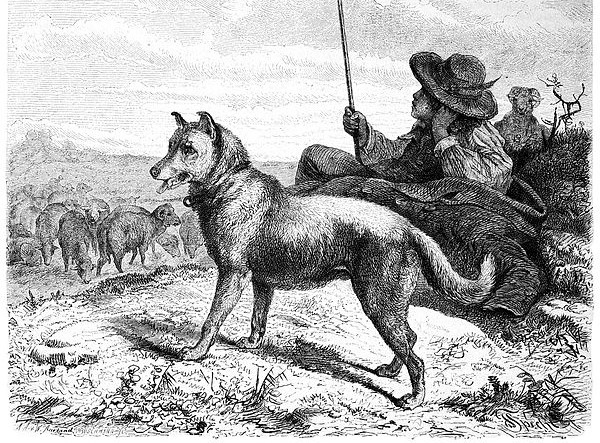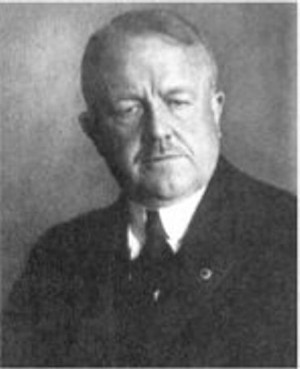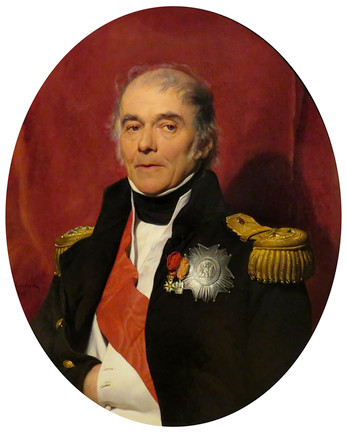In 1906, when Teddy Roosevelt endorsed a plan to simplify the spelling of difficult words, Englishman Harry Graham offered a scheme of his own:
When Theo: Roos: unfurled his bann:
As Pres: of an immense Repub:
And sought to manufact: a plan
For saving people troub:
His mode of spelling (termed phonet:)
Affec: my brain like an emet:
And I evolved a scheme (pro tem.)
To simplify my mother-tongue,
That so in fame I might resem:
Upt: Sinc:, who wrote “The Jung:”
And rouse an interest enorm:
In conversational reform.
I grudge the time my fellows waste
Completing words that are so comm:
Wherever peop: of cult: and taste
Habitually predom:
‘Twould surely tend to simpli: life
Could they but be curtailed a trif:
For is not “Brev: the soul of Wit”?
(Inscribe this mott: upon your badge)
The sense will never suff: a bit,
If left to the imag:
Since any pers: can see what’s meant
By words so simp: as “husb:” or “gent:”
When at some meal (at dinn: for inst:)
You hand your unc: an empty plate,
Or ask your aunt (that charming spinst:)
To pass you the potat:,
They have too much sagac:, I trust,
To give you sug: or pepp: or must:
If you require a slice of mutt:
You’ll find the selfsame princ: hold good,
Nor get, instead of bread and butt:,
Some tapioca pudd:,
Nor vainly bid some boon-compan:
Replen: with Burg: his vacant can.
At golf, if your oppon: should ask
Why in a haz: your nib: is sunk,
And you explain your fav’rite Hask:
Lies buried in a bunk:,
He cannot very well misund:
That you (poor fooz:) have made a blund:
If this is prob: — nay, even cert: —
My scheme at once becomes attrac:
And I (pray pard: a litt: impert:)
A public benefac:
Who saves his fellow-man and neighb:
A deal of quite unnecess: lab:
Gent: Reader, if to me you’ll list:
And not be irritab: or peev:,
You’ll find it of tremend: assist:
This habit of abbrev:,
Which grows like some infec: disease,
Like chron: paral: or German meas:
And ev’ry living human bipe:
Will feel his heart grow grate: and warm
As he becomes the loy: discip:
Of my partic: reform,
(Which don’t confuse with that, I beg,
Of Brander Matth: or And: Carneg:)
“”T is not in mort: to comm: success,”
As Shakes: remarked; but if my meth:
Does something to dimin: or less:
The expend: of public breath,
My country, overcome with grat:,
Should in my hon: erect a stat:
My bust by Rod: (what matt: the cost?)
Shall be exhib:, devoid of charge,
With (in the Public Lib: at Bost:)
My full-length port: by Sarge:
That thous: from Pitts: or Wash: may swarm
To worsh: the Found: of this Reform.
Meanwhile I seek with some avid:
The fav: of your polite consid:





